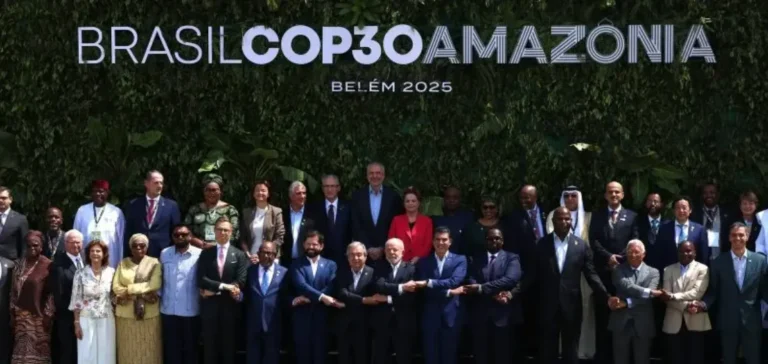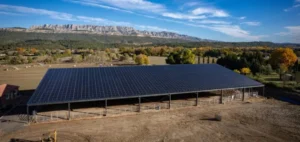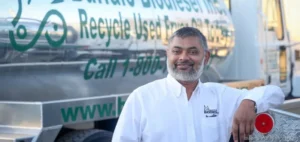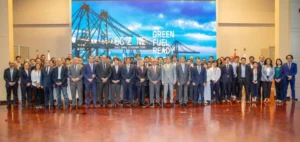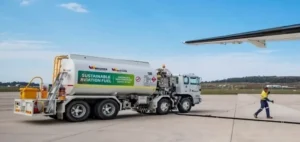The “Belém 4x Pledge”, unveiled ahead of COP30, marks a new phase in shaping the global sustainable fuels market. This joint initiative from Brazil, Italy, Japan and India has rallied nineteen countries committed to increasing the use of low-carbon fuels fourfold by 2035. According to the International Energy Agency (IEA), full implementation of the announced policies could cover 10% of road transport, 15% of aviation and 35% of maritime transport needs, with an estimated impact of less than 1% on the final cost of consumer goods.
A multi-stakeholder governance to align regulatory frameworks
The pledge seeks to harmonise carbon accounting methodologies to ensure compatibility across international frameworks — a key condition for mutual recognition of credits and sectoral mandates. The agreement includes an annual ministerial review through 2035. Demand drivers are expected to come from existing regulations: the Carbon Offsetting and Reduction Scheme for International Aviation (CORSIA) by the International Civil Aviation Organization (ICAO), the European Union’s Renewable Energy Directive (RED III), and the FuelEU Maritime regulation.
Massive investments and industrial scale-up ahead
The IEA estimates that around $1,500bn will be required between 2024 and 2035 to build out the necessary industrial, logistical and technological infrastructure. This includes production of Sustainable Aviation Fuels (SAF), Hydrotreated Vegetable Oils (HVO/HEFA), biomethane, synthetic methanol and ammonia, as well as Renewable Fuels of Non-Biological Origin (RFNBOs) derived from renewable hydrogen. Industrial expansion hinges on standardising processes and securing capital, which remains unevenly distributed across regions.
Rising pressure on feedstocks and sustainability constraints
Feedstock availability is one of the main risks facing the initiative. The World Resources Institute (WRI) warns of potential tensions between energy crops and food production, which could impact agricultural prices. Waste and residue-based pathways appear more sustainable, though limited in volume. Growing competition for used oils and animal fats increases the trade-offs between HVO and SAF production chains.
Increased regulatory complexity for market players
The RED III directive tightens sustainability and traceability criteria while restricting imports of biofuels linked to high deforestation risks (ILUC – Indirect Land Use Change). CORSIA targets a 5% reduction in CO₂ emissions in aviation by 2030, while FuelEU Maritime imposes a progressive carbon intensity reduction for ships operating in European ports. The proliferation of frameworks creates a complex regulatory environment for producers and logistics operators.
Fragmentation risks and geopolitical scrutiny
The lack of a unified framework between key sectoral bodies — notably the International Maritime Organization (IMO), ICAO and the European Union — raises concerns about market fragmentation. Brazil, through its energy diplomacy, is positioning itself as a bridge between industrialised and emerging economies, advocating for harmonised measurement and certification rules. However, the expansion of the pledge to new countries calls for careful screening of financial flows, compliance with international sanctions (OFAC, EU), and anti-money laundering (AML) procedures — all of which are critical for project bankability.


